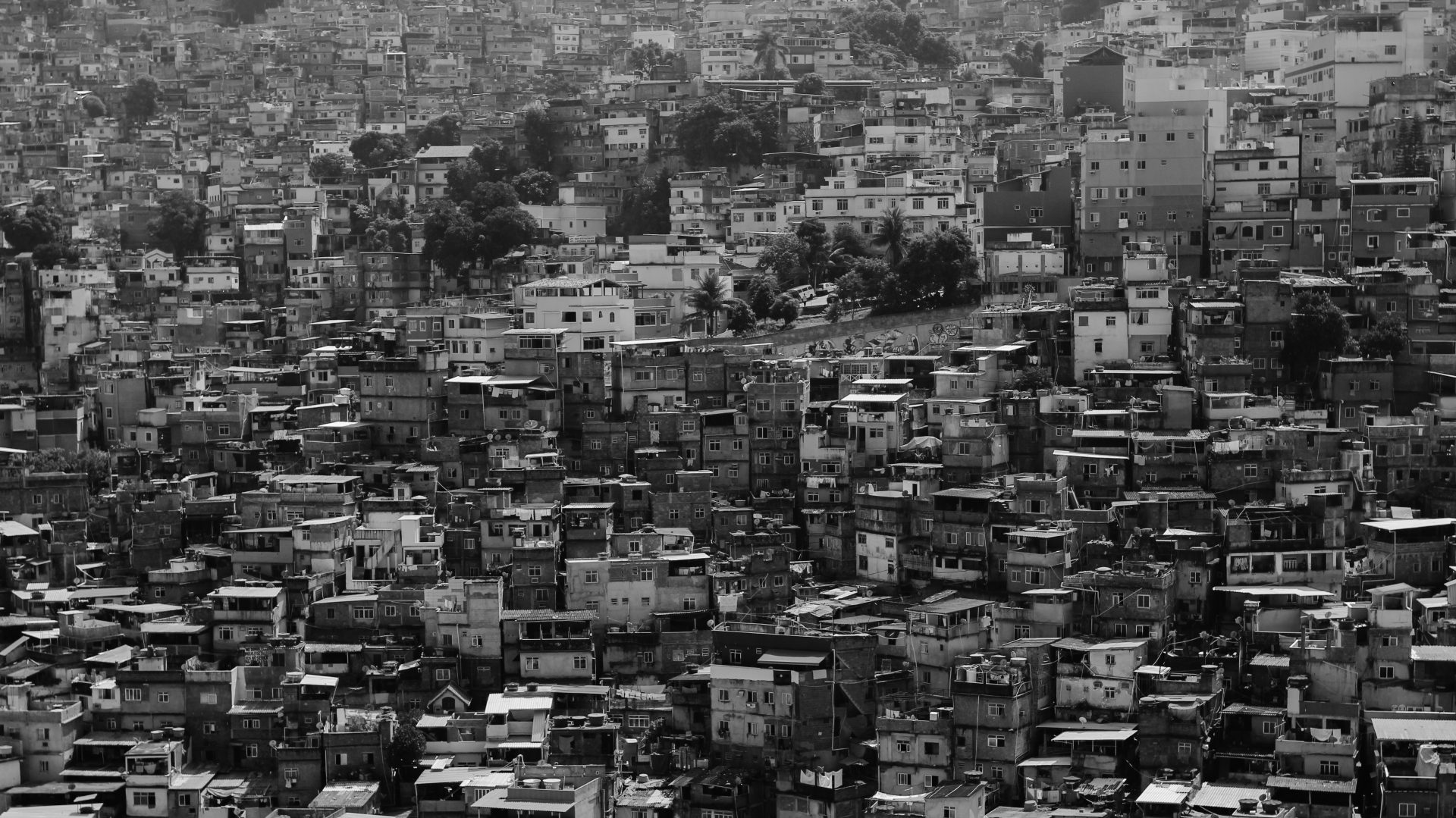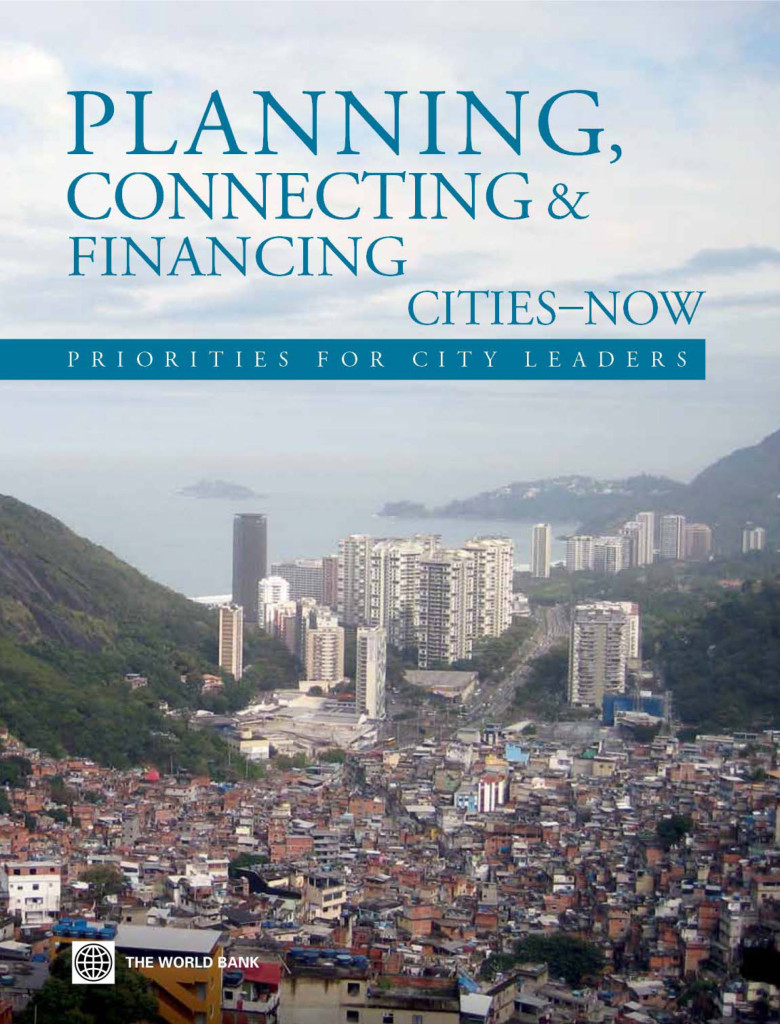In April The World Bank published a new policy framework on urban development: “Planning, Connecting & Finnancing Cities – Now”. The framework is meant to serve as a tool for city leaders to stear planning of rapidly urbanizing cities towards resilient and sustainable development;
Planning, Connecting, and Financing Cities — Now provides mayors and other policy makers with a policy framework and diagnostic tools to anticipate and implement strategies that can preclude their cities from locking into irreversible physical and social structures. At the core of the policy framework are three main dimensions of urban development:
- Planning — Charting a course for cities by setting the terms of urbanization, especially policies for using urban land and expanding basic infrastructure and public services.
- Connecting — Making a city’s markets (labor, goods, and services) accessible to other cities and to other neighborhoods.
- Financing — Finding sources for large capital outlays needed to provide infrastructure and services as cities grow and urbanization picks up speed.
This report also distills lessons from prototype urbanization diagnostics that reflect challenges for countries at the nascent level (Uganda and Vietnam), intermediate level (China, India, and Indonesia), and mature level (Brazil, Colombia, Republic of Korea, and Turkey) of urbanization. These diagnostics, carried out under the World Bank’s Urbanization Review program, have engaged strategic counterparts, such as those in national ministries of finance and planning, to consider policy choices that influence urbanization and city development.


